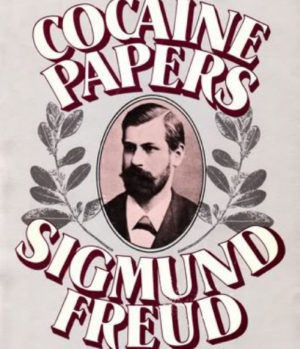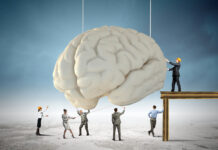From Patreon: The rate of addiction to alcohol, opioids, gambling, social media, and porn has shown a steady increase in recent years. While conservatives often believe addiction to be a moral failing, liberals view it as a disease; both paradigms ignore the reality and context — i.e. late capitalism — within which addiction exists.
“For Trump, addicts are victims of dealers who should be killed. For moral reformers, they are victims of circumstance, in need of a dose of soft paternalism: say, the sort of silent nudge provided by behavioural economics.
To treat addiction as a disease, while it may appear to validate the experience of compulsion from one point of view, can also be a way of dismissing what is particular to it. Addiction, as the autoerotic connection suggests, has a relationship to satisfaction that diseases generally do not. This is true even (especially) where the addiction gives us hell.
Addiction is, for that reason, a passionate relationship that we have toward a substance, an activity or a person. We organise our lives around maintaining contact with the addictive object, in a way that we wouldn’t with the mumps. It means something to us, in other words. The drug, and the addict’s relationship to it, is meaningful because it acts out a subjective truth.
To medicalise addiction is to refuse to hear what the addiction is saying. It is to do, in a way, exactly what addiction is designed to do: to cover up the personal meaning of the addict’s toxicomania.”















